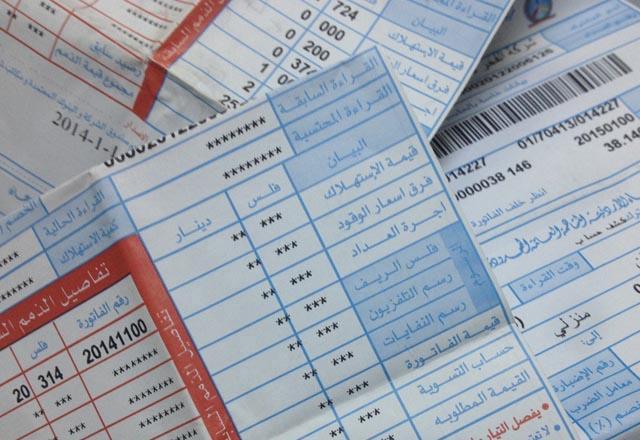- Local News
- Web-2021-08-25 | 09:17 pm

Nayrouz News Agency :
The government’s decision to reduce sales taxes from 16 to 8 per cent for restaurants and hotels in the tourism sector will help revive the sector from the pandemic-related setbacks, according to sector representatives.
A reduction of electricity prices from 175 per Fils kWh to 152 Fils per kWh will come into effect during the first third of 2022, according to the Energy and Minerals Regulatory Commission.
"It is a step in the right direction,” Eliana Janini, the Jordan Restaurant Association Director, told The Jordan Times on Tuesday.
The COVID-19 pandemic has resulted in huge losses for the hospitality industry, especially restaurants, Janini said.
The government’s plan to reduce electricity prices will lower service prices and "definitely” increase demand, thus helping revive the hospitality industry, she said.
Janini added that electricity is one of the highest spending points for restaurants in the Kingdom. In some cases, the cost of electricity reaches up to 20 per cent of a restaurant’s total income, especially in the Dead Sea and Aqaba areas.
While the government’s decision to reduce electricity prices also includes local restaurants, the tax reduction decision does not as it applies only to tourism restaurants, according to Omar Awad, the Syndicate Head at the Jordanian Union of Restaurants and Confectionary Proprietors.
Awad added that the government should also reconsider the restaurants sector’s prices for imported products, such as chicken, rice and oil, which have witnessed price increases between 20 to 70 per cent.
However, the prices for customers have remained the same, resulting in sizeable losses for restaurant owners, Awad noted.









